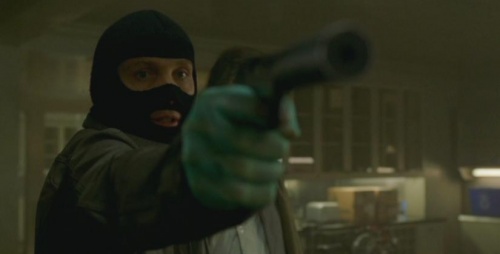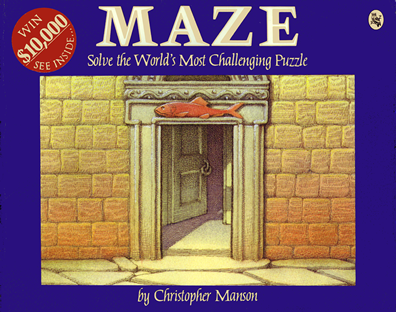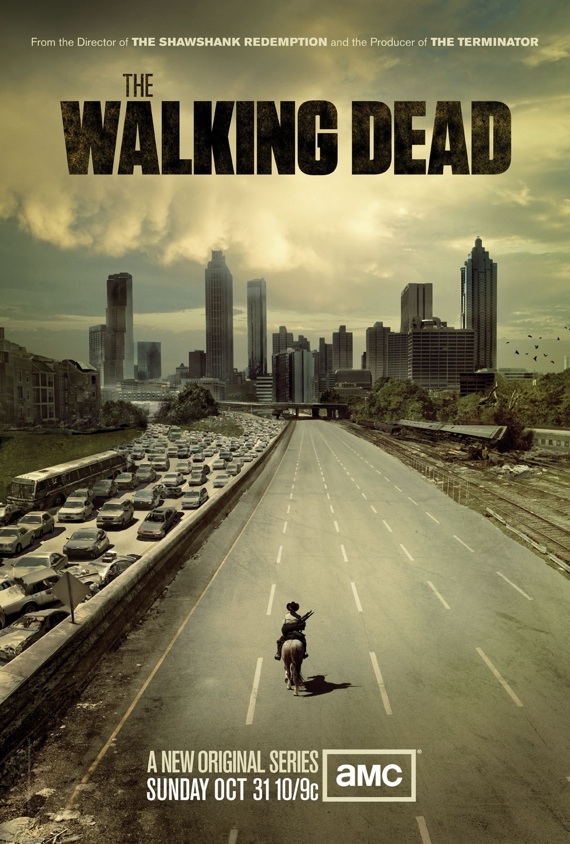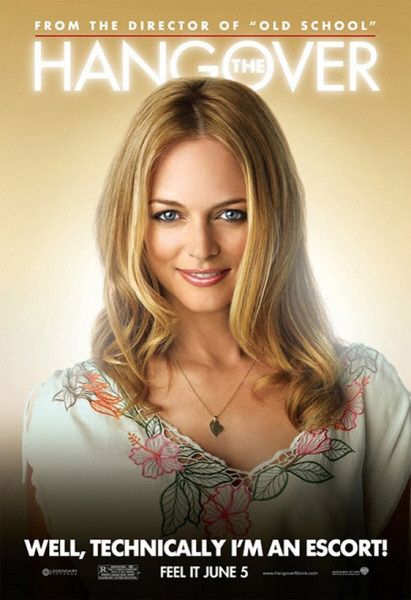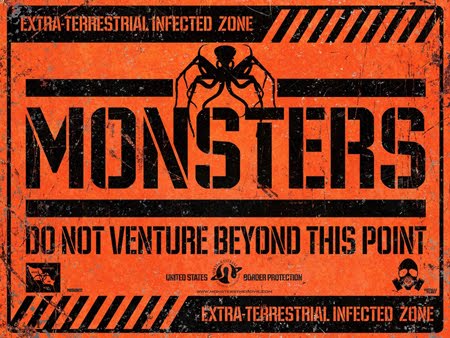 As I am wont to do, I trolled my pay-per-view menu the other night for curiosities. I am in love with the odd gem of a movie that you discover sometimes, a film that got no love in wide release but turns out to be really entertaining despite some faults. It’s not always easy to find such gems, but when you do, it’s great.
As I am wont to do, I trolled my pay-per-view menu the other night for curiosities. I am in love with the odd gem of a movie that you discover sometimes, a film that got no love in wide release but turns out to be really entertaining despite some faults. It’s not always easy to find such gems, but when you do, it’s great.
As we are moving into the Age of Anybody Can Make a Movie, things are getting interesting. More and more you read about movies being made for tiny budgets – budgets you can imagine raising yourself. Like this, or Primer. I mean, if you can make a movie that gets a wide release in theaters and then a run on pay-per-view for the cash you can advance off your credit cards, ala Clerks, we should be entering into a simultaneous nightmare/paradise where anyone who has the mental discipline to concentrate for more than ten minutes should be able to make a movie.
And thus, Monsters, made for a reported budget of some pocket lint, interesting stones, and a live chicken. Supposedly made with off-the-shelf equipment and without the benefit of craft services or, heck, permits. Do I believe that? I dunno. Maybe. (Warning: Spoilers ahoy!)
The movie looks great. Really great. The effects are used sparingly but wisely, and are, in fact, effective. And the premise is interesting: Six years ago a space probe crashes into Mexico and alien life-forms – huge, dangerous creatures – infest the area. Mexico and the USA move the military into place to keep the aliens from spreading, and traveling between the countries is difficult and expensive. Our two main characters end up having to travel the “infected zone” on foot, and hilarity ensues. All well and good, and I salute the filmmakers for crafting something that looks great. The story, on the other hand, was a let down.
I mean, you have this premise, and it’s great. And here’s what they do with it: The two main characters mope about, because they are very sad. The woman is the daughter of a rich man and is engaged to a man she does not love; the man is a bit of churl who has a son who thinks of him as a friend of his mother’s, not his father. The rich girl is trapped in Mexico and her rich father, who employs the churl, orders him to escort her from the country safely. So far so good – it won’t win a Pulitzer, but that’s a perfectly serviceable set up.
The characters then proceed to mope about.
The movie is about 60% set up, which is a problem. Handled differently, holding back the titular monsters until more than halfway through the story would build tension like a motherfucker, but here there is no tension whatsoever. The characters’ situation devolves as they miss the last ferry out of the area and have their papers stolen, leaving Sad Girl to hock her engagement ring to bribe their way into a land crossing. They mope about in the border town as they wait to travel. They mope about on a boat as they are ferried by surprisingly polite and honorable mercenaries hired to get them through the Infected Zone. They see a Monster! Very exciting, except it goes away, and nothing happens. They mope about on land as a new set of mercenaries escort them through the forest. Finally, in a nifty set piece their caravan of trucks is assaulted by Monsters and everyone but Sad Girl and Churl are killed rather gruesomely. Despite the fact that the Monsters display knowledge that the trucks contain tasty human morsels, they completely ignore the truck containing Sad Girl and Churl and simply walk away after killing everyone else. The Monsters walking away is kind of a theme in this movie.
On foot, now, Sad Girl and Churl start walking, and mope more.
They finally reach the humongous wall the USA has built along the border to keep the Monsters out. The fact that some folks read an immigration subtext into the movie begins and ends, I think, with this massive wall – the story is so uncomplicated and lacks so much detail, it’s hard to say there is any subtext here. Deciding that the movie takes place in Mexico and involves the USA building a huge wall to keep Monsters out of itself and therefore this is an allegory for immigration policies is a bit of a stretch, or perhaps a bit of wishful thinking, as in wishing there was actually some depth to the movie.
There isn’t. The characters make it over the wall and discover that the Monsters have broken through and have destroyed the border towns on the other side. They find a gas station with working phones and call for help. They witness two Monsters in a graceful, kind of beautiful mating dance. The army arrives to rescue them, and Sad Girl announces she doesn’t want to go home. The end.
MY GOD THE MOPING.
It’s a mistake a lot of writers make when they imagine that their characters are so defined by their back story tragedies that even when being chased through the jungle by frickin’ Monsters they will continue to fixate on their own sadness exclusively. I mean, imagine you’re Sad Girl: Daddy treats you like a piece of china he owns, you despise your life and future hubby. Very sad. Okay, fine. Now imagine you’re Sad Girl being chased by Monsters. I doubt you’d have so much mental energy for moping. And yet, in this film , the characters mope endlessly even as they barely escape with their lives.
The other mistake here is the lack of any informative detail. The characters mope, and by the end have changed. In the beginning she’s a sad, fragile girl and he’s a cad who sleeps with a random skank just as she’s starting to like him. At the end, she says she doesn’t want to go home and they embrace. What the heck? How these character arcs happened is a mystery, because we see none of it. The writer just wanted an emotional punch at the end and put it in, period.
This is not to say the movie is without anything to recommend it; there’s some really nice atmosphere and I’ll admit the mopery, while annoying from a storytelling standpoint, worked well from an atmospheric standpoint, which may have been the intention. I do think the story needs more action, more danger – sure, the Monsters kill a dozen or so people in the set-piece assault on the caravan, but you never get the sense that Sad Girl and Churl are in any danger. They are horrified by what they see, but the next morning they get up, stretch, and start hiking as if the goddamn forest wasn’t filled with, yes, frickin Monsters.
Ah, but then, I didn’t figure out how to make a kick-ass movie for under twenty grand, did I? Sigh. Nope.

